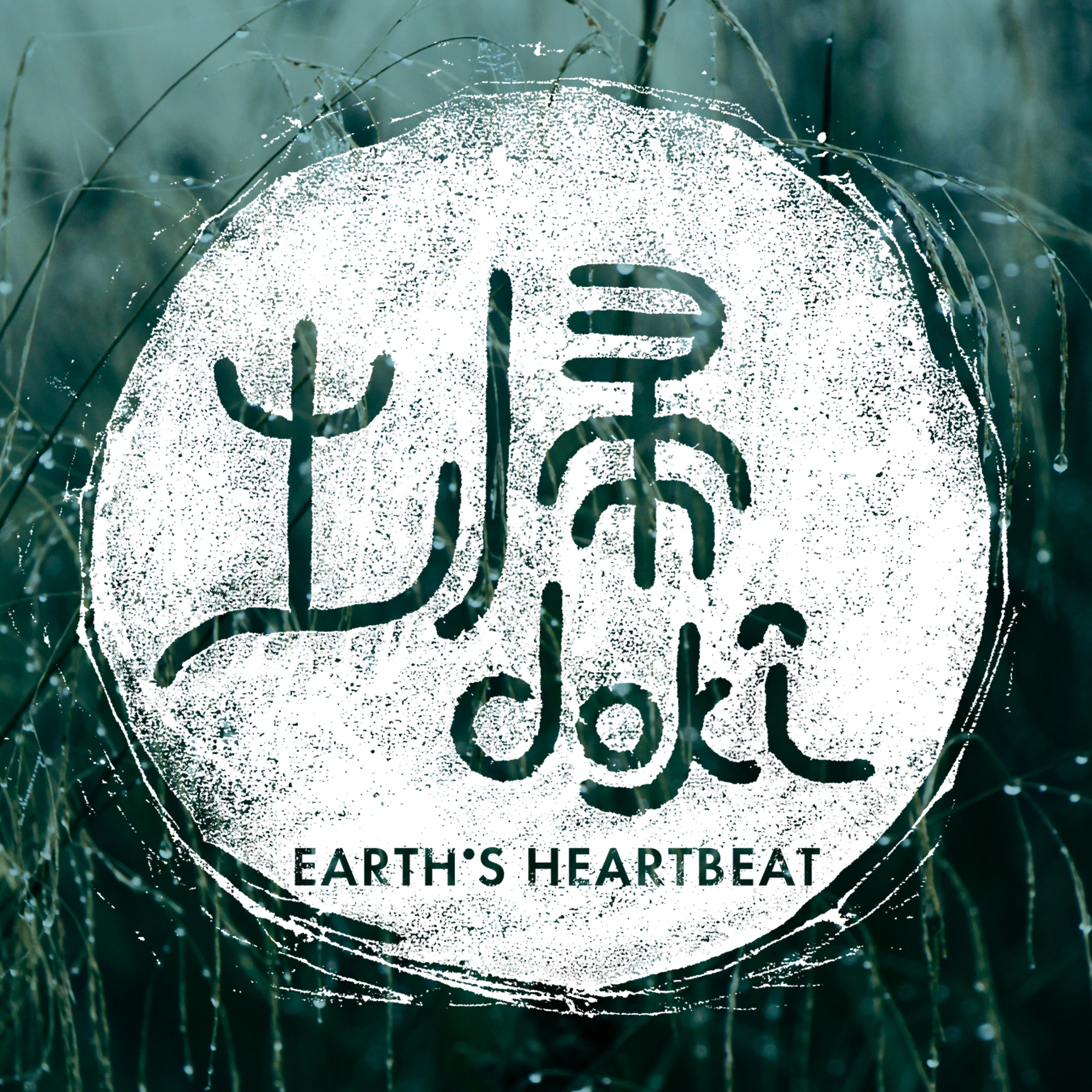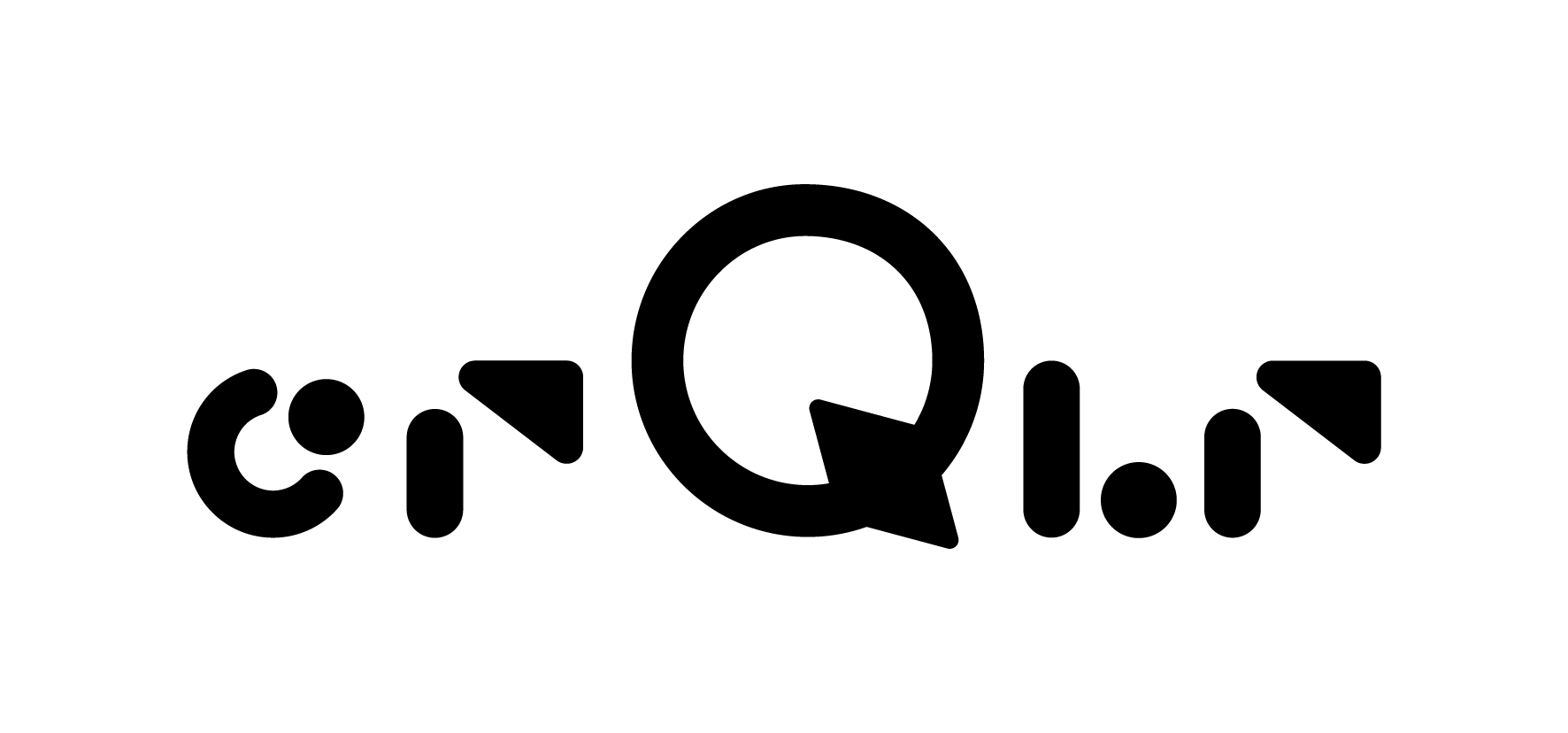dokidoki Veggie Box
Harvest
Box Packing
Compost
-
Title of the submitted project/idea
dokidoki Veggie Box
-
Title of the submitted project/idea (English)
dokidoki Veggie Box
-
URL of a video introducing the submitted project or idea (5 minutes or less)
https://www.youtube.com/watch?v=A0HHalRHavg&t=173s
-
Brief concept description of the submitted project/idea
Japan has one of the most elaborate waste disposal systems of any country in the world. But all that it leads to are masses of plastic waste that are not recycled, mountains of food waste that are not composted. Instead, they are incinerated or sent to some other country’s landfills. As we see it, many problems with Japan’s dwindling farmlands and food dependencies are gaps and mismanagement in the flow of resources and nutrients. Soil that could have been revived by simple natural composting is deteriorating through the use of chemical fertilisers and pesticides, while the nutritional food scraps in our trash bin are simply burnt.
Once we see that waste is just nutrients in the wrong place, waste can become nourishment for new growth. Our vision is to form waste-free, nutrient-positive communities with the help of a replicable “Nutrient Island” model in which the consumption of materials is not a contribution to degradation and pollution but to renewal and growth. This is Doki’s core philosophy.
Our first measure is a circular vegetable box that delivers local organic vegetables and picks up biowaste in return: all products stay within the biological cycle (biodegradable packaging and kitchen scraps are composted and return to fields of partner farmers to grow new food). We help environmentally conscious people to live sustainably in a convenient and easy way and we help farmers to reach more customers and build up good soil for healthy vegetables. -
Brief concept description of the submitted project/idea (English)
-
Detailed description of the submitted project/idea
Where it Started:
Like many, we have always been very concerned about the huge amount of plastic waste we were generating in our everyday life. Knowing that most of it is not recycled but incinerated contributing to global warming, that a lot of waste is dumped into natural environments where it destroys ecosystems, and that the use of plastic also has disruptive effects on human health, we couldn’t move on doing business as usual. We found a solution in the cradle to cradle design concept by which materials can circulate safely either in the biosphere or technosphere. Our idea was to develop biodegradable products and packaging that can return to the soil when it is composted. However, our potential customers told us that they wouldn’t know how to dispose of such products because, in most municipalities in Japan, biowaste is not collected separately from other household waste nor do urban citizens have much space for home-composting. We realised that a product can’t be really sustainable unless it is integrated into a circular economy so we moved away from designing a product to designing a system: We have to make sure that our products won’t end up in incinerators so we started to think we need to motivate our customers to hand us over their biodegradable waste so that we can compost it for them. It should be easy and convenient for them. Sustainability shouldn’t be perceived as a burden but as enrichment. That’s why we developed a nutrient exchange service: local organic vegetables for kitchen scraps.
The Story So Far:
In July 2020, we started the dokidoki Veggie Box - a vegetable delivery box subscription and biowaste pickup service. When we started our service, many people were sceptical that we could supply fresh vegetables to our customers throughout the whole year, however, thanks to our cooperative partner farmers and delivery service, we have been able to deliver our Veggie Boxes every week for more than a year now. We are proud and grateful to be connected to 8 farms so far, to be supported by local businesses and NPOs and to receive help from various motivated volunteers. We are in close contact with our customers so we can improve our service constantly and have received some really good testimonials. So far, we were able to collect about 170kg of biowaste from our community.
Our Model:
Every week, we carefully pack fresh organic vegetables from Miyagi prefecture into a biodegradable box without using any plastic. We also let our subscribers know what to expect inside the box each week before delivering them right to their doorstep. We even include handy recipe suggestions. When exchanging the box of the previous week with a new full vegetable box, we pick up the customers’ kitchen scraps in return, add them to our compost piles and share the compost with our partner farms.
In addition, we regularly share information about our partner farmers and host events to increase awareness about sustainable lifestyles. Our system is designed to be convenient and enjoyable for farmers and subscribers, and safe for our shared environment.
Why It Works:
The average citizen of Sendai city generates 489g of household waste per day. 11.2% of this (=55g) consists of plastic containers and packaging, and 32.7% (=160g) is biowaste. We want to prevent all biowaste from being incinerated + replace plastic packaging with biodegradable materials. In total, we could reduce ca. 40% of all household waste from our customers. We want to connect at least 100 households within our nutrient island to which we regularly deliver local organic food and consumables and pick up their biowaste. All the collected waste will be returned as nutrients to the soil through composting. By distributing it to our partner farmers, these nutrients will eventually return to the community as food. We aim to save emissions by shortening transport routes, reducing food waste and preventing waste from being incinerated. By building up soil, carbon and nitrogen can also be stored in the ground.
Our nutrient island model is designed to be a reproducible model that is focused on establishing independent circular micro-economies in different prefectures of Japan, sourcing mostly fresh local produce in each particular region. This limits the range of our distribution, lowering logistics costs and our carbon footprint, while also preserving the quality of the products we offer. We purchase from and support local producers, offering our service to urban households and small businesses, and return biowaste to the local environment. In five years, we want to have set up the nutrient island model in three different prefectures. To reach even further, we are about to establish an online market at which we are able to sell our products to other parts of Japan without generating waste. We will make sure that our packaging material can return to us safely, will be reused or composted.
Future Plans:
Due to digitalisation and lifestyle changes, especially during the Covid-19 pandemic, e-commerce is growing rapidly. With it, shipping packaging is increasing, too. We at 土帰 doki want to deliver healthy organic products to our customers without creating waste. Therefore, in collaboration with manufacturers, we are creating reusable and biodegradable packaging made from food waste, limestone and other natural materials. Not only inside the package, everything can be recycled or composted (such as food containers), the shipping packaging itself is foldable and light so that it can be shipped back to us. As long as it is in a good condition, we will reuse it. If it wears out, we will simply compost it and return the nutrients to our partner farmers' fields.
As we are based in Sendai, we have a special offer for our local customers. Sendai citizens can save delivery costs if they have their orders delivered to our partner locations (such as vegan cafés, restaurants etc.) in the city. In addition, we pick up biowaste from those partners every time we deliver a product for our customers to them. Our online market can also be perfectly combined with our dokidoki Veggie Box. Subscribers can easily purchase additional products online which we will then send to them in their weekly veggie box. This saves a lot of packaging and transportation energy.
We have already built a small local community in which we implemented a nutrient exchange system. As everyone has different needs, we want to make our service more customisable and also reach more people. The online market makes it possible for our customers to choose from a wider product range and for us to deliver to those who can't be our veggie box subscribers be it because of distance, costs, flexibility or other reasons. The more people we reach, the more we can expand the nutrient island.
Furthermore, we want to show that e-commerce is possible without waste. -
Detailed description of the submitted project/idea (English)
-
URL of your project / idea
https://dokiearth.com


